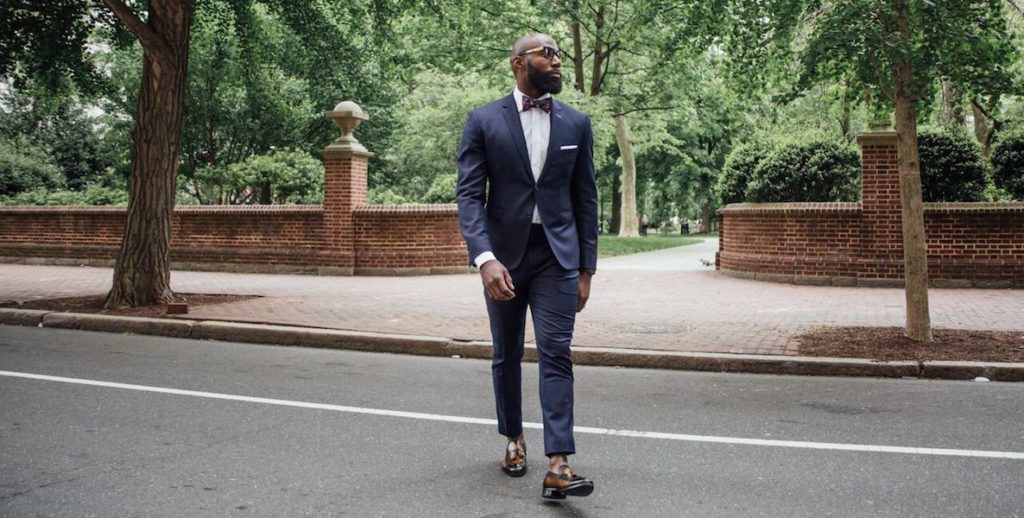All season long, we’ve been comparing our criminal justice statistics to those in the cities that we play. This week, we play Carolina, and it’s worth zeroing in on one piece of data: The number of citizens incarcerated before being tried. This week finds that Carolina locks up 110 citizens before trial per 100,000 residents, compared to our 134 per 100,000.
These numbers are part of a trend, all pointing to the problem with our cash bail system. Across the country, jails are packed with people who have not been convicted of any crime but can’t afford bail. People are often forced to plead guilty just to end a case rather than sit in jail for months on end awaiting trial. Poor people and communities of color are especially harmed by these policies. Research shows that people are more likely to commit a crime upon release if they are held in jail for more than a couple of days. Bail disrupts employment and families in communities that are already struggling.
Many of us first became sensitized to the injustice of our cash bail system because of the case of Kalief Browder in New York. Then a 16 year-old child, Kalief was arrested on suspicion that he stole a backpack. Since he could not afford the $3,000 bail, Browder was held in solitary confinement at Rikers for three years without trial. Less than a year after his release, the trauma from his imprisonment contributed to his suicide.
The bail reform movement is advocating for eliminating cash bail and only incarcerating people who pose a clear risk to the community. Philadelphia received a $3.5 million grant from the MacArthur Foundation last year to enact policies that cut the prison population by 34 percent over three years. Thanks to reforms like a new initiative called early bail review, significant progress is being made; the city’s daily inmate population has been cut by nearly 20 percent since July of 2015.
Last week, City Council passed a resolution authorizing the Special Committee on Criminal Justice Reform to hold hearings on establishing a bail fund, which would be a pot of money made up of charitable contributions that defendants who can’t afford bail can access. Meanwhile, a group of local activists—including #No215Jail, Sankofa Community Empowerment and Frontline Dads—have just launched a Philadelphia Community Bail Fund that is now accepting donations from the public.
A bail fund is a good thing, but we still have a lot of work to do. Advocacy is needed at the national, state, and local level to put pressure on legislators and prosecutors to realize that keeping people locked up only because they can’t afford to get out is unjust—and doesn’t make us safer.

